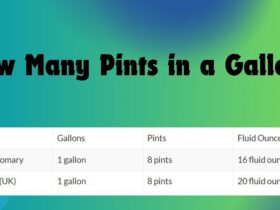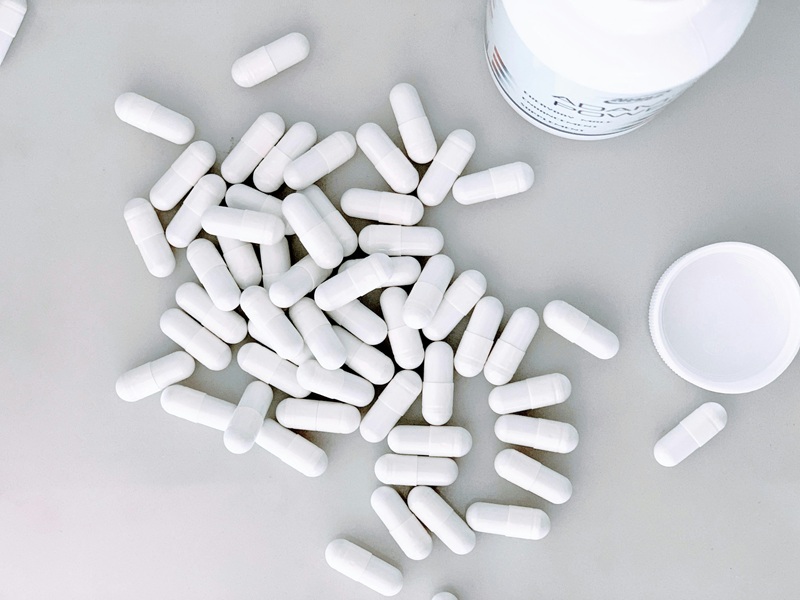When you pick up a bottle of medication, you might wonder—what makes this drug work best in capsule form? The answer lies in understanding what is physicochemical properties, meaning how a drug’s physical and chemical traits affect its behavior in the body. Medications come in many forms—tablets, liquids, injections—but capsules hold a unique place because they address these fundamental properties better than other options. In this article, we’ll explore why certain medications are only available as capsules and how this benefits both patients and drug manufacturers.

Key Advantages of Capsule Formulations
Improved Absorption and Bioavailability
One of the biggest reasons drugs come in capsule form is bioavailability—how well the body absorbs the medication. Unlike some tablets, which may not break down efficiently, capsules dissolve quickly in the stomach, releasing the drug for fast absorption. This is especially important for drugs with poor solubility, where even a slight delay can reduce effectiveness. Another factor is particle size. Some drugs are micronized (broken into tiny particles) to enhance absorption, and capsules keep these fine powders intact until they reach the digestive system. Tablets, on the other hand, might compress these particles too tightly, slowing their release. By optimizing absorption, capsules ensure patients get the full therapeutic effect with minimal waste.
Protection of Sensitive or Unstable Drugs
Many drugs are sensitive to moisture, light, or oxygen, which can degrade them before they’re even consumed. Capsules act as a barrier, shielding the drug from environmental factors until it’s ingested. Probiotics are a great example—they contain live bacteria that must survive stomach acid to reach the intestines. Encasing them in enteric-coated capsules ensures they aren’t destroyed prematurely. Similarly, oils and liquid-based medications often come in softgel capsules because they’d oxidize or leak in tablet form. Some drugs also react with fillers used in tablets, making capsules the only viable option. Without this protection, medications could lose potency or even become harmful over time.
Masking Taste and Odor for Better Patient Compliance
Let’s face it—some medicines taste awful. Bitter, metallic, or chemically harsh flavors can make patients, especially children, avoid taking them. Capsules completely enclose the drug, preventing any taste or smell from escaping until it’s safely swallowed. For example, fish oil supplements are notorious for their unpleasant aftertaste, but capsule forms eliminate this issue. The same goes for certain pain relievers and antibiotics, which might otherwise cause nausea just from their flavor. Better taste masking means higher patient adherence, ensuring people take their medication as prescribed.
Scientific and Manufacturing Reasons
Delayed or Targeted Release Requirements
Not all drugs should be released immediately. Some need to dissolve slowly over hours, while others must bypass the stomach entirely. Capsules offer precise control over release timing through coatings and multi-layer designs. Extended-release capsules, for instance, gradually release medication to maintain steady blood levels, reducing the need for frequent dosing. Drugs treating chronic conditions like hypertension often use this approach. Enteric-coated capsules, on the other hand, resist stomach acid and only dissolve in the alkaline environment of the intestines—ideal for drugs that cause stomach irritation.
Challenges in Creating Alternative Forms (Tablets, Liquids)
Turning a drug into a tablet isn’t always possible. Some active ingredients can’t withstand the high pressure and heat used in tablet manufacturing. Others require large doses that would make a tablet too bulky to swallow. Liquids, while easier for some patients, have their own drawbacks. They’re prone to microbial growth, require preservatives, and often have shorter shelf lives. Capsules strike a balance—easy to produce, stable, and adaptable to different drug properties.

Patient-Specific Factors Driving Capsule Use
Easier Swallowing Compared to Large Tablets
Many people, especially older adults and children, struggle with swallowing large or chalky tablets. Capsules, with their smooth, slippery coating, glide down more easily. Some are even designed to be opened and sprinkled on food for those who can’t swallow pills at all.
Customizable Dosage Forms (Sprinkle Capsules, Liqui-Gels)
Capsules allow for flexibility that tablets can’t match. For example, “sprinkle” capsules can be opened and mixed with applesauce for kids or patients with feeding tubes. Liquid-filled capsules (liqui-gels) are another innovation, perfect for drugs that work better in liquid form but need precise dosing.
Conclusion
Capsules aren’t just a matter of convenience—they’re often the best way to deliver medication effectively. From enhancing absorption to protecting unstable drugs and improving patient compliance, their advantages are backed by science. While other forms have their place, capsules solve unique challenges that make them indispensable in modern medicine. Next time you take a capsule, remember: its design is the result of careful consideration to ensure you get the right dose, at the right time, in the most effective way possible.



















Leave a Reply